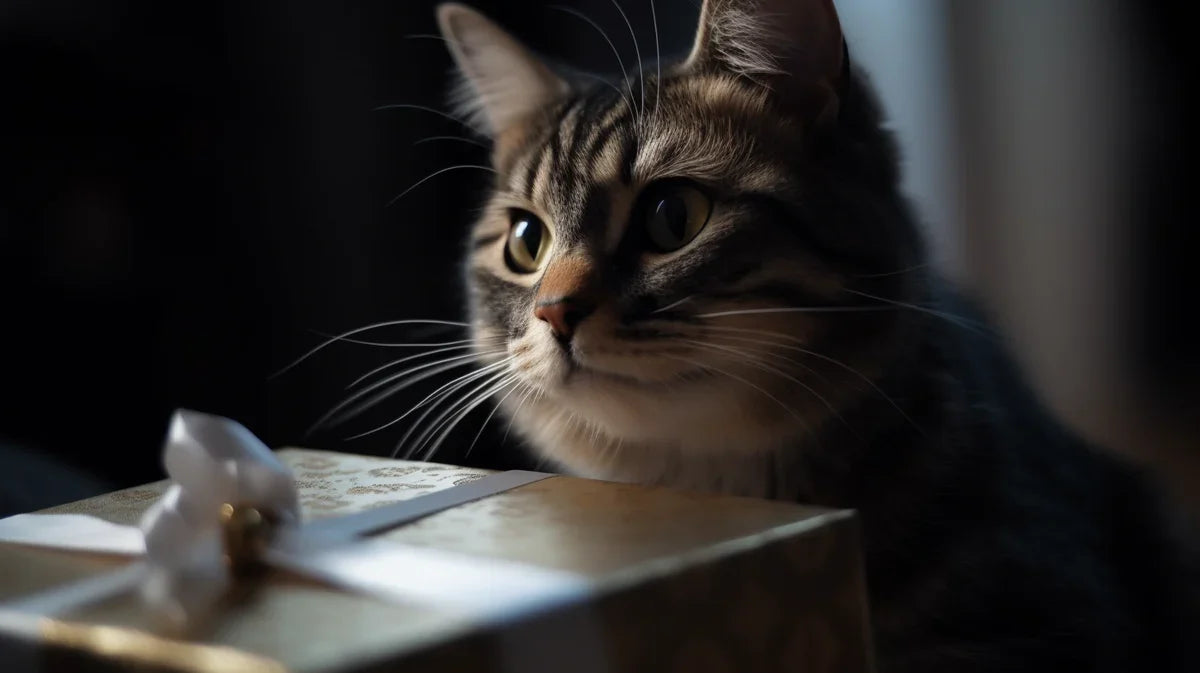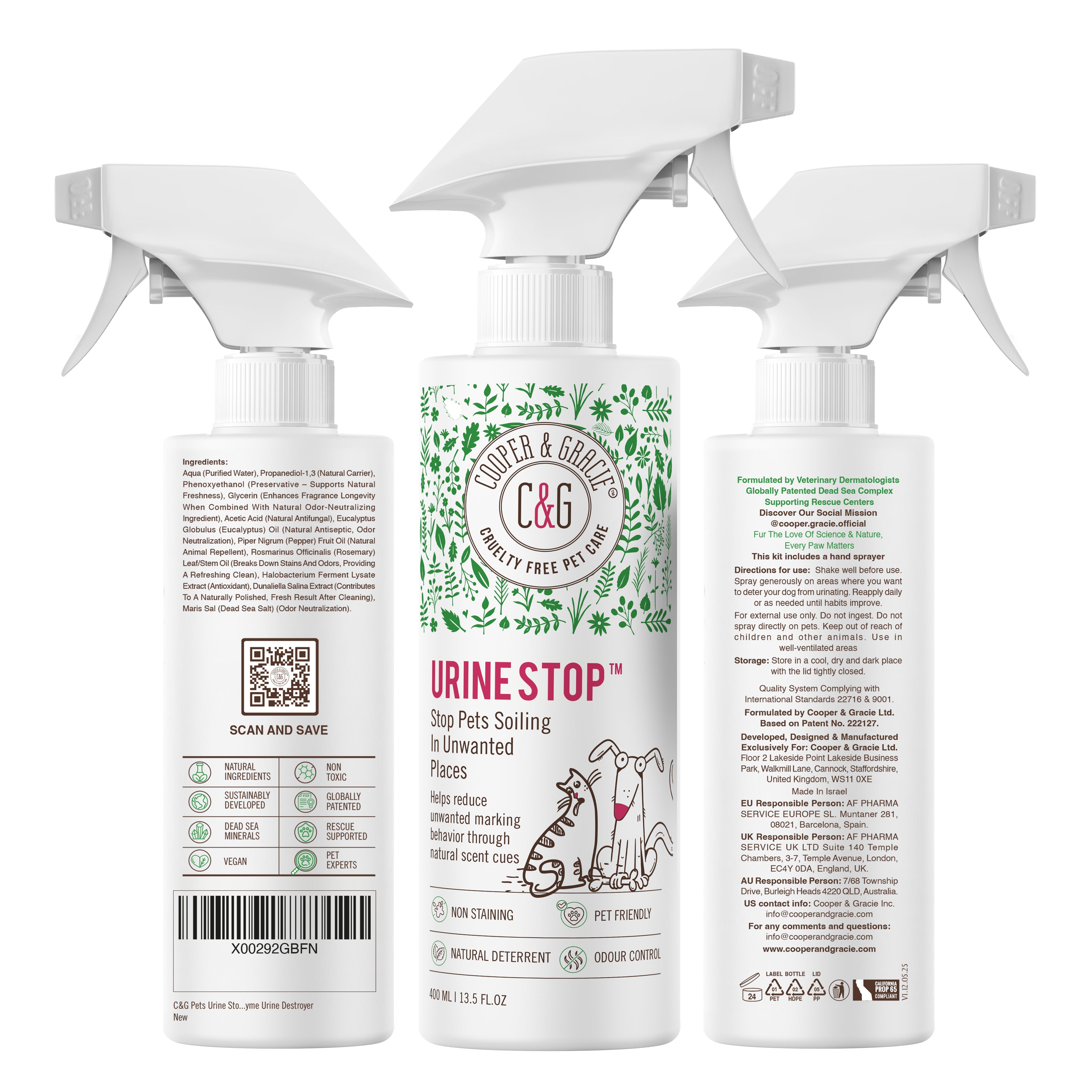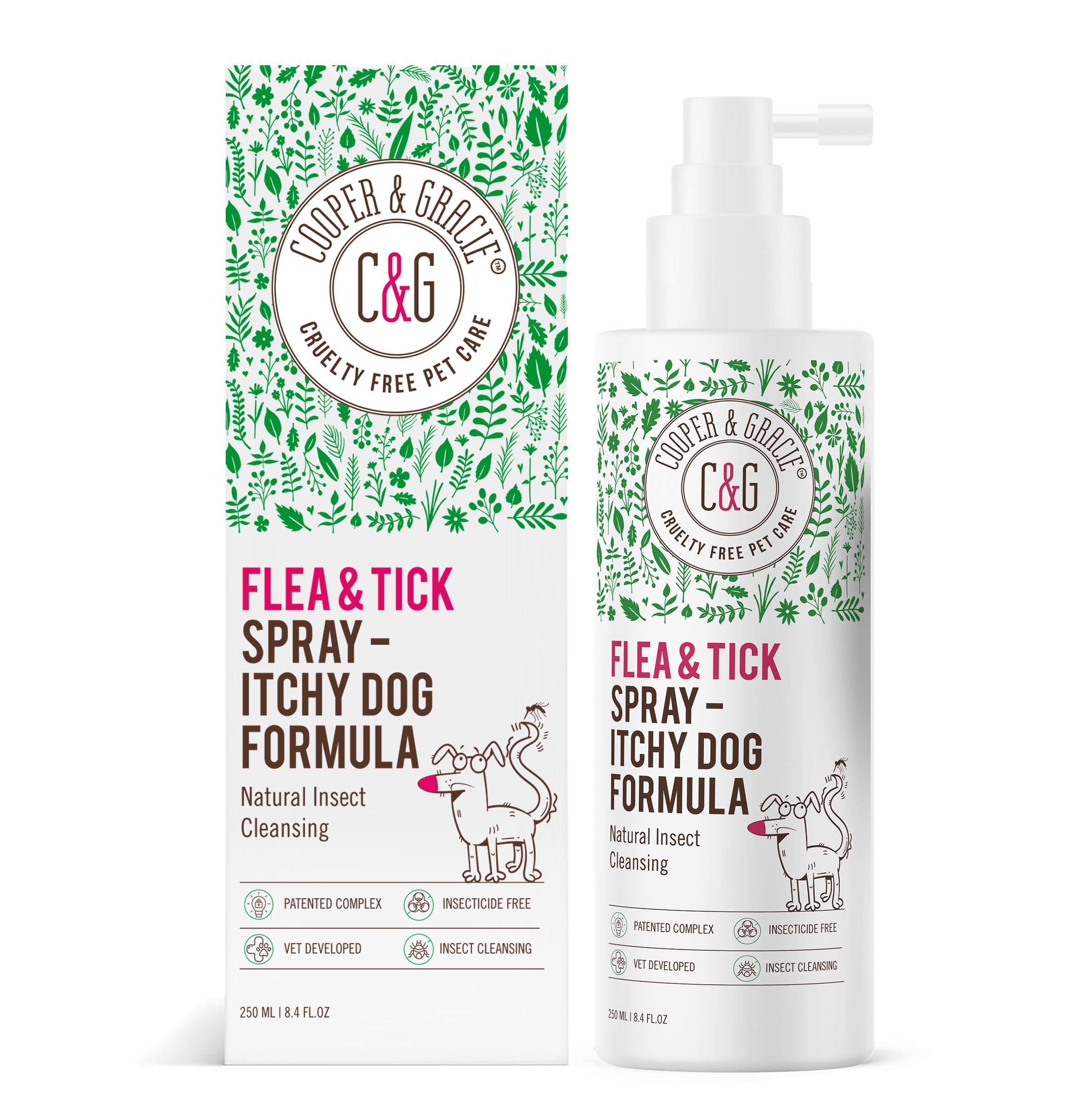Introduction
Ah, the life of a cat owner. One minute you're doling out belly rubs and the next, you're greeted with a dead mouse at your doorstep. Sound familiar? Ever wondered why your fur-baby does this? In this article, we'll delve deep into this mysterious feline behaviour.
A Brief Overview of the Topic
Cats often bring their owners "gifts" in the form of dead animals. This has baffled and sometimes grossed out many a pet owner. But there's more to this behaviour than meets the eye.
What to Expect from This Article
We're going to explore the various theories and interpretations behind why cats bring you dead animals, from survival instincts to complex feline-human communication.
The Feline World
Basic Traits and Behaviours
Cats are natural hunters. They come from a lineage of predators and it shows in their behaviour, right from their agile movements to their keen sense of sight and smell.
The Importance of Hunting for Cats
For felines, hunting is more than just a sport; it's a vital life skill. Even domesticated cats have a deep-rooted instinct to hunt.
The Ritual of Gift-Giving
What Constitutes a Gift for Cats?
In the human world, gifts are usually items that bring joy or usefulness to the receiver, wrapped up in shiny paper with a bow on top. In the feline universe, however, the concept of a 'gift' takes on a very different form. To a cat, a 'gift' is often what we'd consider a grim trophy—perhaps a dead rodent, a mangled bird, or even a half-eaten insect.
Why do cats consider these as gifts? It's all down to instinct and natural behaviour. In the wild, a cat's survival depends on its ability to hunt. The act of capturing and killing prey involves a range of skills, from stalking to pouncing, and it's a process that cats find inherently rewarding. When they bring back this 'loot,' they may consider it a prize not just for them but for sharing with members of their social circle—which, in a domestic setting, includes you, the owner.
Moreover, the gifts are not limited to the deceased. Sometimes, cats may bring back live prey. In their eyes, this could serve as a 'teaching moment,' - more on this below - much like how a mother cat teaches her kittens to eat by bringing them live prey to 'practice' on. In this sense, a gift can also be an interactive learning opportunity from a cat's perspective. Yes, it's a bit gruesome, but for cats, it's just another form of sharing something valuable. It's their way of sharing something that, in their world, is considered a 'catch' in every sense of the word. And as weird as it might seem to us, in the cat's world, it's a token of esteem.
Prey-Drive Mechanism
How it Works
The prey-drive is an instinctual behaviour where the cat identifies, stalks, and finally captures its prey.
Its Significance in the Feline World
This drive is crucial for survival in the wild, as, without it, cats would have gone extinct a long, long time ago. It remains strong even in domesticated cats.
Parenting Instincts
Cats as Teachers
To many, cats are simply cuddly, self-sufficient companions that occasionally demand attention or food. However, when you dig deeper into feline behaviour, it’s fascinating to discover that many of their interactions with humans can be interpreted as pedagogical, i.e., they're trying to teach us something.
One prominent theory among feline experts is that cats view us, their human owners, somewhat like inept kittens. This perception is not a judgement on our capabilities but rather a reflection of how cats see our relationship within their social structure.
In the wild, mother cats are diligent educators. They teach their kittens crucial survival skills, such as hunting, grooming, and finding shelter. These teaching moments are often seen when a mother brings back live prey for her kittens, allowing them to 'practice' their hunting skills. This isn’t just about feeding but about equipping the next generation with the skills they'll need to thrive.
What They Are Trying to Teach Us
Now, transpose this behaviour to a domestic setting. When your house cat brings you a dead bird or mouse, it's possible she's not just gifting you with a trophy but attempting to teach you how to 'hunt.' In her eyes, you might be a big, clumsy kitten – lovable, but lacking in basic feline survival skills. Your cat might be thinking, “Look, this is what you do. Watch and learn!”
This teaching instinct showcases the depth of the bond cats feel towards us. They're not just our pets; they're our mentors in their own unique way. While we might not be keen on learning how to pounce on a mouse anytime soon, understanding this behaviour can provide a deeper appreciation for our cats' complex world and the way they lovingly perceive us.
Communication Barrier
The Cat-Human Divide
Humans and cats don't speak the same language, leading to a lot of misinterpretation.
Understanding Feline Language
We all wish our pets could talk, don't we? Imagine how much easier life would be if Fluffy could just say, "Hey, I want some more of that tuna," or "Can you please stop that vacuum cleaner? It scares me!" Unfortunately, cats don't come with a built-in language that aligns with human speech. However, they do have a rich vocabulary of non-verbal cues and behaviours that can tell us quite a lot—if we know what to look for.
Body Language: A Window to Their World
Just like humans use hand gestures and facial expressions to communicate, cats use their bodies. The position of their ears, the movement of their tails, and even the subtle changes in their eyes can speak volumes. For example, a cat with its tail pointed up and slightly curved is usually in a good mood, while flattened ears may indicate fear or aggression.
Vocalisation: Not Just Meows
We often think that cats mainly 'meow,' but their vocal range is much broader than that. From purring to chirping, growling to hissing, each sound serves a purpose and sends a specific message. Purring may usually indicate contentment but can also signal pain or distress. Understanding the context can help you interpret what your cat is trying to convey.
The Eyes Have It
Ever noticed the slow blink from a cat? This is often a sign of trust and affection. It's the feline equivalent of a hug or a kiss. You can slow-blink back at them to return the favour and deepen your bond.
Tactile Communication
Cats also 'speak' using touch. A head bump, a nudge, or even a light scratch can have different meanings depending on the situation. These tactile methods of communication are crucial in understanding your cat's needs and moods.
Whisker Wisdom
The position of a cat's whiskers can also offer clues about its emotional state. Forward-facing whiskers usually indicate interest or excitement, while whiskers pulled back against the face can be a sign of fear or aggression.
To truly comprehend the intricate tapestry of feline communication, it's crucial to be observant and patient. By paying attention to these non-verbal cues and behaviours, cat owners can foster a deeper understanding and stronger bond with their feline companions, ensuring a harmonious coexistence filled with mutual respect and affection.
A Token of Trust
What Trust Means to a Cat
Trust is invaluable in the feline world. A cat showing trust is the highest form of flattery.
How Gift-Giving Strengthens Bonds
When a cat brings you a gift, it may be a sign that it trusts you enough to share its catch.
Survival Instincts
Why Survival Matters
In the wild, survival is everything. A cat's ability to hunt is closely tied to its chances of survival.
The Role of Hunting in Survival
Hunting skills are passed down from mother to kitten and are crucial for a cat's survival. In the wild, no hunting skills = no survival.
A Mixed Signal?
Misinterpretations
While we may be disgusted, our cats can be genuinely puzzled by our lack of enthusiasm.
Is It Really a Gift?
The notion that cats bring dead animals as 'gifts' is both popular and enduring. However, this interpretation can be a bit simplistic and, honestly, rather human-centric. Cats don't think like humans, and what we term as a 'gift' could represent various motivations or instincts from the feline perspective.
As well as the teaching instinct and token of trust theories already mentioned above, there are also some other explanations:
Leftovers: Let's be pragmatic for a moment. Cats are known to play with their food. Sometimes they might kill it without consuming it all. Rather than a gift, the dead animal could merely be the leftovers from a fulfilled hunting urge.
Calling Card: Cats are territorial creatures. Bringing a dead animal back to a specific location—like your home—could serve as a form of marking territory. The scent of the kill could signal to other animals that the area is already claimed.
Seeking Attention: Lastly, your cat might have learned that bringing back a 'gift' gets them attention, even if it's not the kind they expected. Animals, like people, can quickly learn what actions lead to specific reactions.
So, is it really a gift? The answer varies depending on a multitude of factors, including your cat's personality, the specific circumstances, and even your reaction to these little offerings. While we might not ever fully understand the complete range of intentions or emotions behind this behaviour, it’s a fascinating aspect of life with a feline friend, offering us yet another glimpse into their complex world.
Signs Your Cat May Soon Bring a Gift
Behavioural Cues
Cats, being the enigmatic creatures they are, often communicate with us not through sound but through their actions. Understanding these behavioural cues is pivotal for cat owners, offering insights into their pet's wellbeing, mood, and needs. One particularly intriguing set of behaviours to observe involves their innate hunting instincts: restlessness and stalking.
Increased Restlessness: If your cat seems more restless than usual, pacing the house or frequently darting from one spot to another without any apparent reason, it could be indicating several things. Firstly, this could be a manifestation of their suppressed hunting instincts. Domestication doesn't eliminate these deep-rooted behaviours; it merely modifies them. A restless cat might be searching for an outlet for these pent-up instincts. It could also be an indication of discomfort or unease, possibly stemming from changes in the environment, unfamiliar scents, or even health issues.
Stalking Behaviours: Ever noticed your cat hunched low to the ground, moving stealthily with eyes fixed intently on a target? This is a classic stalking behaviour, drawn directly from their wild ancestors. It's a sign that their hunting instincts are in full swing. In the wild, a cat's survival depends on its ability to successfully stalk and capture prey. In the domestic setting, this might translate to stalking toys, other pets, or even your feet! It's a natural behaviour, but if it's directed towards other pets or humans, it could potentially become problematic.
Addressing these behaviours often involves understanding and catering to your cat's natural instincts. For example:
- Interactive Play: Using toys that mimic the movement of prey, like feather wands or laser pointers, can provide a safe outlet for your cat's hunting instincts.
- Environmental Enrichment: Adding cat trees, scratching posts, or even 'hunting feeders' that dispense food as they play can keep them engaged and reduce restlessness.
- Safe Outdoor Access: If possible, allowing your cat supervised outdoor time in a safe environment can help them burn off excess energy.
While it's essential to be alert to these behavioural cues, remember they're merely part of the rich tapestry that makes up feline behaviour. Observing, understanding, and reacting appropriately to these cues ensures a harmonious relationship, allowing our beloved cats to lead fulfilling, contented lives alongside us.
Anticipating the Event
Being aware of these signs can help you prepare for the eventual 'gift'.
Safety Concerns
Health Risks
Handling dead animals can be a health risk. Always use gloves and dispose of the animal safely.
How to Handle the Situation Safely
When your cat brings you a dead animal, it can be a shock, to say the least. However, it's crucial to react in a manner that ensures safety for both you and your feline friend. Here are some steps you can take to manage this 'gift' safely and efficiently:
Keep Calm: Your first reaction might be to yell or scold, but it's important to remember that your cat doesn't understand human norms about gifting dead animals. Stay calm to avoid confusing or frightening your pet.
Secure the Cat: If possible, gently separate your cat from the dead animal. You can use treats or their favourite toy to lure them away. This prevents any accidental bites or scratches while you're removing the 'gift.'
Use Gloves: Always use gloves to handle the dead animal to avoid any transmission of parasites or diseases. You never know where that critter has been.
Dispose Properly: Place the dead animal in a plastic bag and tie it securely. Follow your local guidelines for disposing of such waste. Some places allow you to put it in general waste as long as it's double-bagged, while others may require special disposal methods.
Clean the Area: If the 'gift' was left indoors, it’s essential to clean the area thoroughly. Use a pet-safe disinfectant to wipe down the surface where the animal was placed.
Check Your Cat: It's a good idea to check your cat for any signs of injury. Cats can sometimes get injured while hunting, or the prey animal might carry parasites.
Consult the Vet: If you're concerned about potential disease or parasite transmission, especially if your cat has a history of bringing you these kinds of gifts, consult your vet. They might recommend preventative treatments or tests.
How to Discourage the Behaviour
The Dos and Don'ts
Scolding won't work but positive reinforcement might. Reward your cat for playing with toys or engaging in other activities you find more acceptable.
Alternatives for Your Cat
While it's a natural instinct, if you're concerned about your cat's hunting, consider providing more indoor enrichment. Toys, puzzle feeders, and playtime can help tire out your cat and may make them less inclined to hunt.
Understanding Your Cat Better
How this peculiar behaviour can actually lead to a deeper bond and better understanding between you and your furry friend.
Benefits for Cats and Humans
Mutual Understanding
Understanding this behaviour can lead to a more enriching relationship with your cat.
Strengthening Bonds
Remember, at the end of the day, your cat just wants to please you, even if it's in a rather peculiar way.
Conclusion
Understanding why cats bring you dead animals can deepen the human-feline bond. Whether it's an act of teaching, a sign of trust, or a survival instinct, your cat is communicating with you in its own unique way. By understanding this, you're one step closer to an even more rewarding relationship with your feline friend.
FAQs
-
Why does my cat bring me dead animals?
- It could be an act of teaching, a sign of trust, or a survival instinct.
-
Is it safe to handle these 'gifts'?
- Always use gloves and dispose of the animal safely.
-
Can I train my cat to stop this behaviour?
- Positive reinforcement and providing alternatives can help.
-
What should I do if my cat brings me a live animal?
- Carefully remove the animal using gloves and release it, if possible.
-
Does this behaviour mean my cat loves me?
- It's a sign that your cat trusts you and may even be trying to teach you something.
Get the Best for Your Feline Friend with Cooper and Gracie!
So you're puzzled by your cat's behaviour and you want to understand them better? Good news! Understanding your feline companion starts with providing them the best care, and what better place to start than Cooper and Gracie? With an extensive range of cruelty-free, natural pet care products, Cooper and Gracie has everything you need to keep your kitty happy and healthy. Whether it's stain and odour remover or delightful cat shampoos, we've got you covered. Even better, our products are environmentally friendly, so you can pamper your pet guilt-free! Don't miss out on creating a healthier and happier life for your beloved feline. Click here to explore Cooper and Gracie's amazing offerings right now!











